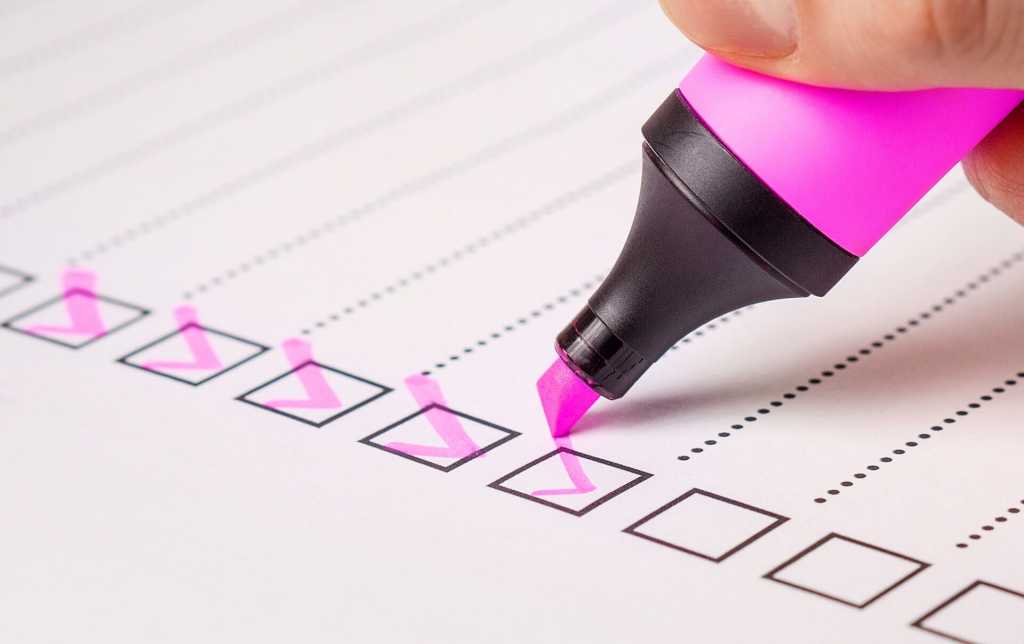Proper communication and socializing imply that you are an assertive person. Basically, it means that, although you respect other people’s opinions, you can come across impressively and defend your viewpoint. It also means that you possess high self-esteem, enjoy the right attitude from others, improve communication and create win-win situations. Moreover, being assertive helps deal with stress for those who find themselves burdened with a lot of commitments due to their unwillingness to reject requests.

Assertiveness isn’t an inborn trait, unfortunately. Communication styles can be badly unbalanced, with some people reacting too mildly and others being overbearing. Assertiveness lies in the polite borderland between these extremities. So, unless you have this quality, you will be better off cultivating it.
How can you become more assertive?
Personal communication styles evolve out of the particular person’s background. Some of the styles are so polished up that people are not aware of them, yet they hold on to them. We all habitually do the same things when finding ourselves in similar situations. These styles, though, can be changed, adjusted to more acceptable and effective principles.
Wonder how you can learn to be more efficiently assertive?
Gauge your current style
Observe whether you keep mum when you have a definite attitude or voice it? How exactly do you do it? When faced with a request, do you agree readily or weigh your possibilities? Are people happy to see you or chary? Do you hand out judgments or/and accusations easily? You have to know what you will work with if you are bent on changing.
Accept your inner worth
You have to have a proper understanding of your own worth to have what you take and what you give in balance. People who don’t believe in themselves enough are often recognized as such and not given what they truly deserve.
Assert yourself to yourself positively
Caught in the midst of a situation, you won’t be able to practice assertiveness. You’ll have to do it in advance, pepping yourself up and addressing yourself positively. It’s simple, but it will take you far if you are heading for a situation where you will have to take a firm stand; strengthen yourself by repeating that you value your time and will not budge.
Begin with saying ‘I’

You must voice your opinions, attitudes, and feelings; how better than by starting your statements with the word “I”? Go for “I don’t think so” instead of “You’ve got it wrong.” Phrase a request saying what YOU need instead of what you want THEM to do. See that your requests are simple and cannot be misconstrued.
Master refusals
You shy away from denying people’s requests? Practice saying loudly, decisively and clearly, “I won’t be able to do it.” Should an explanation be necessary, make it short.
See if you feel overly guilty
In case you begin feeling guilty as soon as you behave in an assertive way, remind yourself that turning down a request in no way means that thereby you reject the whole person.
Take breathing pauses when necessary
As you begin to consider rejecting someone’s request or setting restrictions, you may feel your heartbeat escalating immediately. In this case, make a pause and breathe deeply for a while to quieten the heart and avoid possible aggressive outbursts. Slow and deep breathing can make it easier to resume the conversation in a calmer fashion.
Have a stock of pre-planned responses

Stop replying mechanically if you did that before. Prepare a stock of staple replies that you can fall back on when dealing with a request or suggestion that you feel is definitely unwelcome.
Try some of these to begin with:
“I’ll think it over and get back to you.”
“I’ll have to check the dates carefully.”
“My schedule says I’m engaged.”
“I can’t. I have other commitments.”
But if you made a promise to get back after checking, remember to keep it later on and finish the discussion.
You have to remember that there is no obligation for you to cite your arguments why you decided to reject a request or suggestion.
Employ body language mindfully
People invariably communicate their feelings through their bodies. No matter how you feel, make sure you’re sending out signals that you are confident. Stand upright, and lean towards your companion a little. Keep up eye contact. Avoid crossing your limbs. Your face should remain positive or neutral. Practice this posture until you feel comfortable with it.
Control your emotions
When a conflict flares up, people mostly tend to take it hard. They feel helpless and frustrated. They may even burst out in tears. Others fly off the handle and can get aggressive. All these are natural human reactions, but they won’t be instrumental in settling the matter. Once you realize you are taking it too emotionally, try to take a pause to calm down and let off steam. Watch that your voice and breath are normal.
Make humble beginnings

Don’t try to rush into a difficult situation whose consequences may be far-reaching. Begin practicing with matters that are not so high-keyed. Start with a friend over a small matter before taking it into your office. Analyze your performance afterward and polish it up.
Choose a trustworthy partner for your rehearsals
If you have a severe problem settling, arrange and play out the conversation with someone you can trust. Try different approaches, write out the ones you like best and practice saying the text aloud.
Change your voice, use body language and observe the reaction. See that you don’t get timid or hostile in the middle of the conversation. Ask for feedback and think at what points you can improve your performance.
Establish personal boundaries
Every individual has to work out rules and restrictions about what they deem acceptable and what they don’t. Boundaries are necessary to avoid people stepping on your toes; they also bring a better understanding of what healthy communication is. With clear-cut boundaries, you will know at once what suggestions you can accept and what you want to turn down.
With any new skill, you have decided on practicing allot enough time to it to get it perfect. Study and act out different techniques getting more and more assertive as you master the art.










